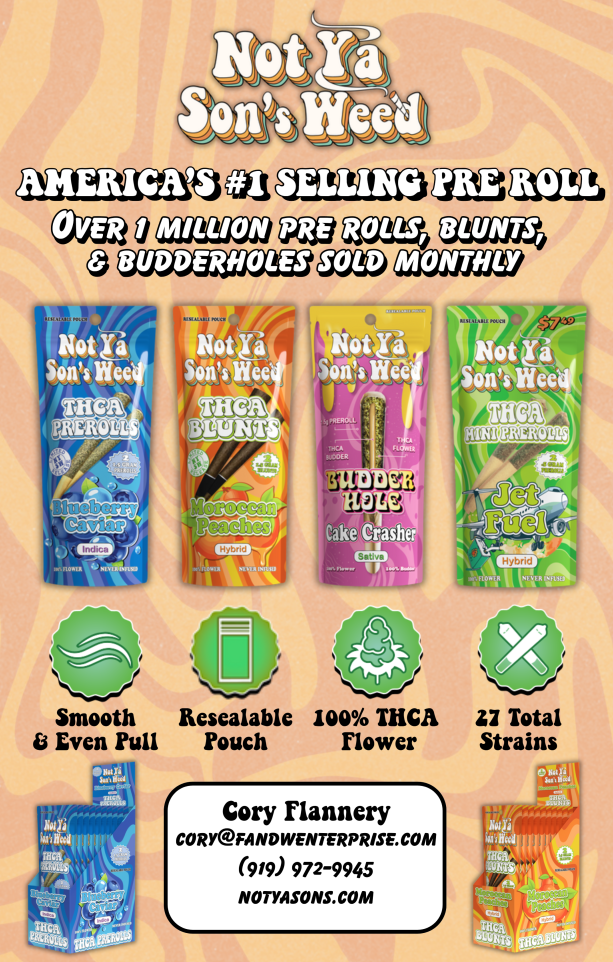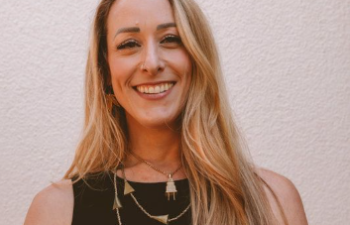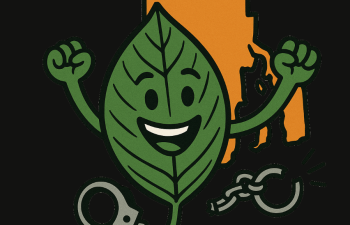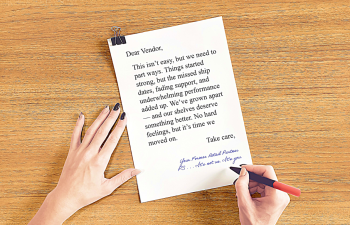
How to Relate Your Products to Older Customers
You might call them the lost generation. With all the hype towards millennials taking over everything from the workforce to fashion and technology, one of the untapped and often forgotten demographics is our sweet old baby boomers and senior citizens. Big mistake. According to a recent study, roughly 70% of all the disposable income will come from this expanding group of seniors within the next five years, and according to AARP, nearly 10,000 adults turn 65 every day.
Things get even more golden for smoke shops and dispensaries. Rising health care costs have seniors seeking alternatives to traditional meds with cannabis use among seniors up tenfold over a decade ago. Seniors are into CBD as well. An Arthritis Foundation survey found that 79% of the 2,600 seniors who responded, reported they are either currently using CBD, have used it in the past or are considering using it as an alternative therapy to help manage arthritis pain.
So how do you reach this older demographic and how do you make them feel comfortable about coming into your store and trying products that they may have only once thought of as being used by hippies, hooligans and beatniks?
Don’t Market to “Seniors”
The first rule of marketing to today’s seniors is realizing that, perhaps even more so than previous generations, they don’t want to be labeled as elderly. In this country, “older person” or “older adult” are currently the most politically correct terms. All the typical euphemisms used to describe older populations — senior citizens, old folks and especially geezers, reek of ageism. You’ll be there one day yourself, so do your best to find a common ground and treat them as a person and not a number.
Older customers place an emphasis on value and benefits of a product, maybe more so than the younger generations, so take the time to answer questions and educate them on the pros and cons of specific products, and listen carefully so that you can make honest, thoughtful recommendations as to which products best meet their needs.
Don’t Sell to Seniors
You’ll find this out as you get older — as we age, our bullshit sensor becomes more attuned. Older adults have been there and done that, and they can tell a sales pitch a mile away. Throughout the buying process, use every opportunity to strengthen their trust in your brand and your products. Keep the communication straightforward and easily understood, and void too much slang and jargon — don’t make them have to look things up on Urban Dictionary.
Establish your credibility because who you are is as important as what you say. Remove the risk because seniors tend to be more careful with their money. And for the love of Mike, provide great customer service. Seniors are not as forgetful as you may have been led to believe. They have long memories and will never, ever forgive you for treating them poorly.




















